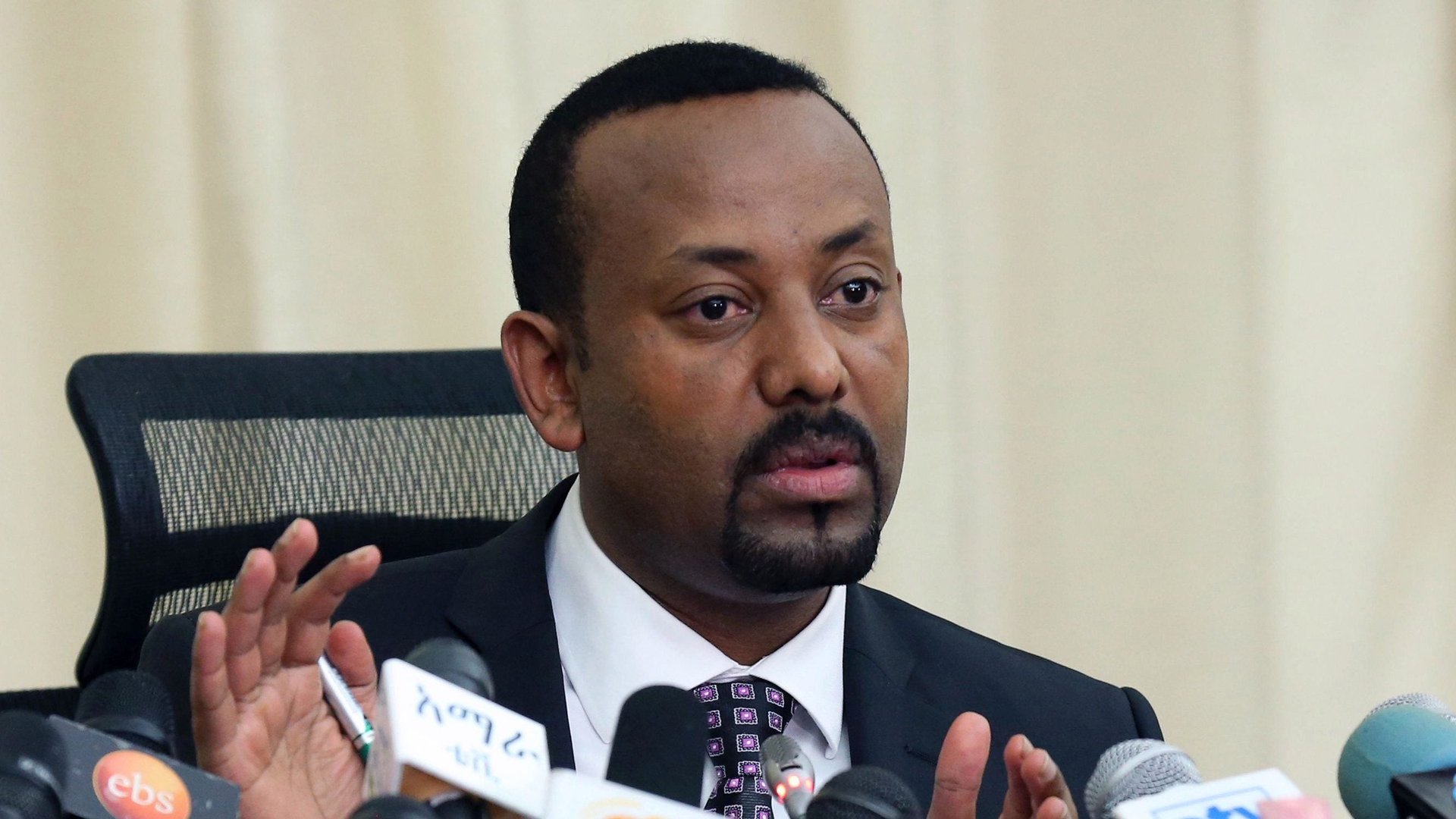Abiy Ahmed’s reforms are emboldening donors to return to Ethiopia
Since ascending to the head of the ruling Ethiopian People’s Revolutionary Democratic Front coalition in late March, Ethiopian prime minister Abiy Ahmed has overseen drastic changes that have reshaped the nation’s socio-economic and political trajectory.


Since ascending to the head of the ruling Ethiopian People’s Revolutionary Democratic Front coalition in late March, Ethiopian prime minister Abiy Ahmed has overseen drastic changes that have reshaped the nation’s socio-economic and political trajectory.
Abiy’s ascension to power in the Horn of Africa nation, at the age of 41, made him Africa’s youngest leader. He replaced Hailemariam Desalegn, who resigned in February after more than two years of protests against his Tigray-dominated government, demanding land reform, full political participation, and an end to human rights abuses.
Abiy, now 42, has ended an internet blackout, dismissed charges against diaspora-based media outlets, released prisoners and government critics, engaged exiled opposition groups, and mended relations with the country’s long-time neighboring foe Eritrea.
Following these reforms, the World Bank is set to give Ethiopia $1 billion in direct budgetary support, the first time since 2005, when donors suspended budgetary support after disputed elections. Abiy announced this last weekend when he held his first press conference with local and international media outlets. This visible engagement with journalists heralded a departure from how previous administrations muzzled and even imprisoned the media.
During his press conference, Abiy also promised that the much-anticipated elections in 2020 won’t be delayed, saying the ruling coalition was committed to “free” polls. Currently, the EPRDF occupies all 547 seats in parliament.
“My dream and ambition is for democratic elections to be held,” Abiy said. “Otherwise, what legitimacy can any official have without the mandate earned through elections?”
In his efforts to purge military favoritism and government control over key sectors, Abiy also canceled the state-run Metals and Engineering Corporation’s (METEC) contract to supply hydraulic pipes for the multi-billion-dollar Grand Renaissance Dam. Located in the headwaters of the Blue Nile, the dam is the centerpiece of Ethiopia’s bid to become Africa’s biggest exporter of electricity through hydroelectric power. Its construction had created long-standing tensions with Egypt—worries that Abiy assuaged when he visited the North African nation in June by telling president Abdel Fattah al-Sisi that Addis Ababa won’t cut its share of the Nile. METEC also suffered a blow in April when its contract to develop the country’s sugar industry was revoked.
Ahead of these key announcements, Abiy met on Friday (July 24) with the community and religious leaders from the Somali Regional State. The eastern state had recently experienced chaos and violence, with the government deploying federal troops to oust local officials accused of human rights violations.
The delegation was led by the region’s new president, Mustafa M. Omer, whose own brother was allegedly killed by the previous regional administration, led by Abdi Mohamoud Omar, better known as Abdi Iley. Iley is accused by Human Rights Watch of committing a range of abuses and using the controversial Liyu police to deepen his control over the region since 2010—a regime largely sanctioned by the previous administration in Addis Ababa. Forced to resign earlier this month, Iley was arrested on Monday (Aug. 27) for overseeing brutal crimes and stoking ethnic violence.